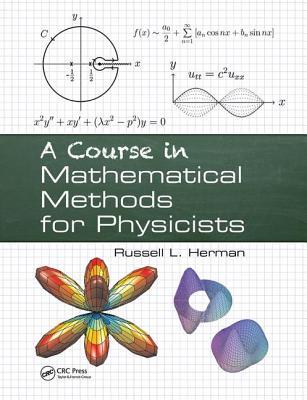Determine if the following converge, or diverge, using one of the convergence tests. If the series converges,
Question:
Determine if the following converge, or diverge, using one of the convergence tests. If the series converges, is it absolute or conditional?
a. \(\sum_{n=1}^{\infty} \frac{n+4}{2 n^{3}+1}\).
b. \(\sum_{n=1}^{\infty} \frac{\sin n}{n^{2}}\).
c. \(\sum_{n=1}^{\infty}\left(\frac{n}{n+1}\right)^{n^{2}}\).
d. \(\sum_{n=1}^{\infty}(-1)^{n} \frac{n-1}{2 n^{2}-3}\).
e. \(\sum_{n=1}^{\infty} \frac{\ln n}{n}\).
f. \(\sum_{n=1}^{\infty} \frac{100^{n}}{n^{200}}\).
g. \(\sum_{n=1}^{\infty}(-1)^{n} \frac{n}{n+3}\).
h. \(\sum_{n=1}^{\infty}(-1)^{n} \frac{\sqrt{5 n}}{n+1}\).
Fantastic news! We've Found the answer you've been seeking!
Step by Step Answer:
Related Book For 

A Course In Mathematical Methods For Physicists
ISBN: 9781138442085
1st Edition
Authors: Russell L Herman
Question Posted:





